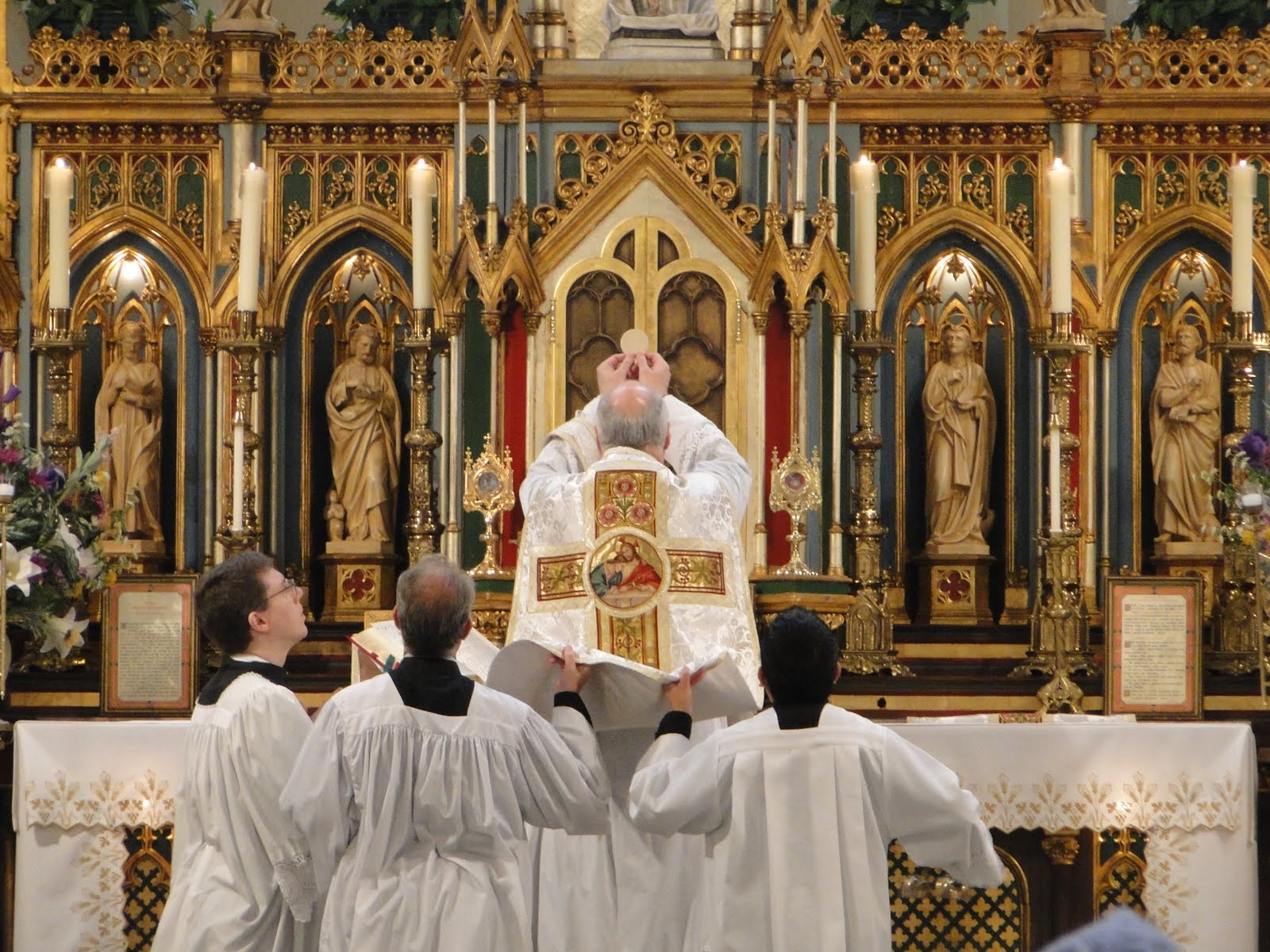Small Tridentine group stepping up pressure on Pope Francis
If you’ve been following the politically conservative press (and, even more, if you surf the internet) you might easily have come to the conclusion that a civil war has broken out in the global Catholic Church.
Nov 08, 2016

By Robert Mickens
If you’ve been following the politically conservative press (and, even more, if you surf the internet) you might easily have come to the conclusion that a civil war has broken out in the global Catholic Church.
Here’s the scenario that has been put forth: loyal Catholics, committed to upholding the unchanging traditions and immutable moral teachings of their beloved Church, are pitted against progressives who, while professing to be Catholics, have watered down Church doctrine and practice by capitulating to the demands and false values of secularism.
A civil war usually means a country (in this case, the Church) is divided into two, more or less equal factions. If you really believe this is the case in Catholicism today, you would be wrong.
The people who are painting this dark picture are not only and predominantly traditionalist-minded Catholics, they also tend to be, in many cases, staunch laissez-faire capitalists and social conservatives. They occupy a large space in social media that is oversized compared to — I would contend — their miniscule numbers.
Some of these are members and supporters of an intransigent cluster of new religious orders attached to (or, at least, supportive of) the Tridentine Mass. As you can imagine, they have a less than rosy view of the Second Vatican Council and the reforms that followed from it. (Most Catholics, by the way, take Vatican II as part of what it means to be… Catholic.)
It should be made clear that the vast majority of these new clericalist communities are inwardlooking and involved in minimal, if any, pastoral outreach. They tend to find their comfort zone in the sanctuary and one gets the impression that they just love to “play Church.” Additionally, they have no visible ministry to the poor and marginalised, those whom Pope Francis says are on the “peripheries” of existence.
But that’s another of their problems — the Pope himself. These Catholic neo-Tridentinists, culture war traditionalists and their sympathisers are not exactly fans of the current Bishop of Rome. Their reaction to him ranges from open hostility and disdain to passive-aggressive non-compliance with the reform and renewal of the Church he’s trying to bring about.
It is difficult to say with any real precision how many bishops (and cardinals) back the views and efforts of this (again, I would contend) tiny segment of the Catholic faithful. But one’s sense is that, proportionate to the general Catholic population, these hierarchs actually constitute a higher percentage of those who are uncomfortable with the Jesuit pope.
A leading paper in Italy (La Stampa), which also owns the Vatican Insider website, recently ran a lengthy “survey” of groups it describes as “Catholics who are anti-Francis but love Putin.” That would be Vladimir Putin, the despotic president of Russia.
The authors of this long article are two serious and normally wellinformed journalists, Giacomo Galeazzi and Andrea Tornielli.
But, curiously, much of the overall analysis of their survey rests on the testimony of a man named Massimo Introvigne. He’s a 61-year-old Rome-born sociologist and intellectual property lawyer who’s known to be close to Italy’s former premier, Silvio Berlusconi.
Introvigne specialises in tracking new religious movements, but he’s also emerged in the past several years as one of the leading watchdogs of “persecution” of Christians in Europe. He’s done this as a leader of continental-wide and Italian organisations that monitor religious hate crimes.
Introvigne agrees that the size of the “dissidents” opposing Pope Francis is “overestimated.” But he also notes — and I disagree — that of the “more than 5,000 Catholic bishops in the world, only about ten of them are active in their opposition, many of whom are retired.”
In any case, he stresses that the opposition to the Pope is not substantial because the disparate groups Galeazzi and Tornielli identify in this camp are “not united.” But my eyes popped in disbelief when I read the concluding lines of the La Stampa-Vatican Insiderexpose.
Introvigne pointed out a surprising trait that many of these circles share: “It is the mythical idealisation of Russian President Vladimir Putin, who is presented as a “good” leader in contrast to the “bad” leader, the Pope, because of his stance on homosexual people, Muslims and immigrants. Russian foundations that have strong ties with Putin co-operate with the anti-Francis opposition.
I seriously doubt that.
But, then again, I can’t see any truth in the claim that there is a civil war underway in global Catholicism. That is merely a claim being made by a small, but very vocal number of people (and bishops). Yes, they are adverse to Francis and are angry that he’s stopped them from being that tail that wags the dog.-- La Croix







Total Comments:0